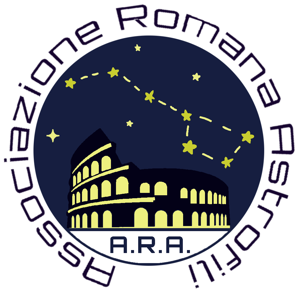The hunt for old novae
We inform on the progress of our on-going project to identify and
classify old classical novae, using deep UBVR photometry and subsequent
spectroscopy for a proper candidate confirmation, and time-resolved
observations in order to find the orbital period and other physical
properties of the identified old novae. This way, we have already
increased the number of confirmed southern and equatorial post-novae
from 33 to 50, and determined new orbital periods of eight objects. As
an example, we summarise the results on V728 Sco (Nova Sco 1862) which
we found to be an eclipsing system with a 3.32 h orbital period,
displaying high and low states similar to dwarf-nova outbursts. Analysis
of the low-state eclipse indicates the presence of a small hot inner
disc around the white dwarf component.
